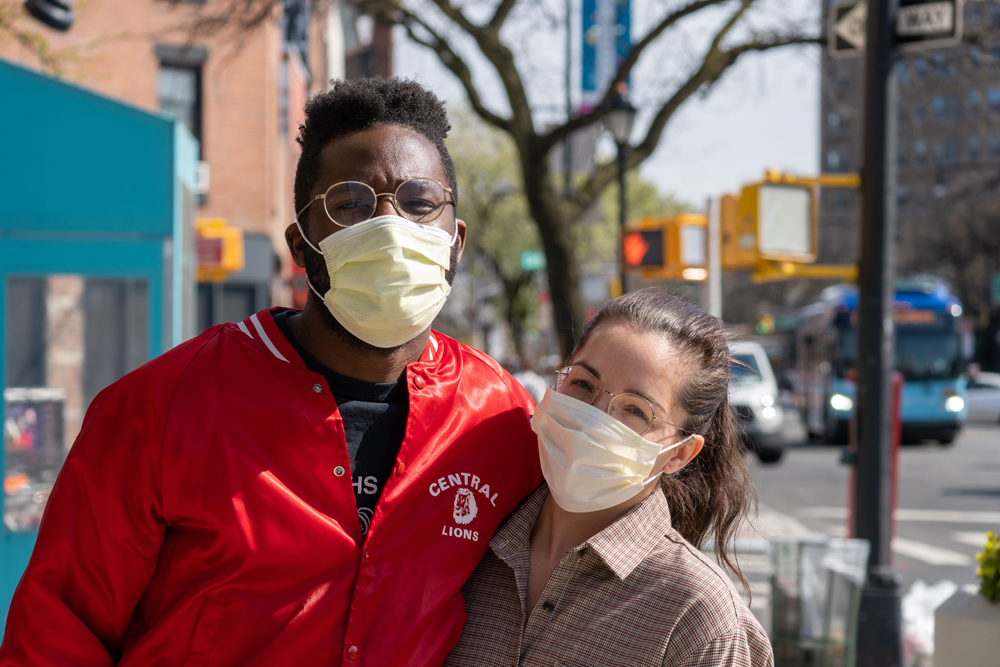Health Impacts of Domestic Violence
1 in 3 Women & 1 in 4 Men will experience intimate partner violence at some point in their lifetime (5)
72% of all murder-suicides involved an intimate partner; 94% of the victims of these crimes are female (6)
Nationwide, an average of 3 women are killed by a current or former intimate partner everyday (7)
Opiod use disorders are associated with IPV victimization, particularly among women (8)
Abusers rely on stigma related to mental health and substance abuse to undermine and control their partners. (9)
Women experiencing physical abuse around the time of pregnancy are 41%-71% more likely to cease breastfeeding by 4 weeks postpartum. (10)
Technology- based harassment is a red flag for other abuse: 84% of the teens who report cyber abuse said they were also psychologically abused by their partners, 52% say they were also physically abused, 33% say they were also sexually coerced (11)
42% of women experiencing some form of IPV could not stop smoking during pregnancy compared to 15% of non-abused women. (12)
Over half of women living with HIV have experienced domestic or sexual violence — considerably higher than the national prevalence among women overall (55% vs. 36%) (13)
Women disclosing physical abuse were 3 times more likely to have an STI (14)
Mental Health Impacts of Domestic Violence
- Anxiety and/or depression
- Post-traumatic stress disorder (PTSD)
- Antisocial behavior
- Suicidal behavior
- Low self-esteem
- Emotional detachment
- Sleep disturbances
- Substance dependency
Sexual or Reproductive Health Impacts of Domestic Violence
- HIV/Sexually Transmitted Infections (STI)
- Repeat and/or Unwanted Pregnancy
- Repeat and/or Unwanted Abortions
- Forced sterilization
- Sexual Assault and/or Rape
- Low Birth Weight
- Lack of Access or Late Entry to Prenatal Care
- Insufficient Weight Gain during Pregnancy
- Obstetric Complications
- Miscarriage
- Unsafe Abortions
- Maternal or Infant Homicide
- Maternal Suicide
Physical Health Impacts of Domestic Violence
- Asthma
- Bladder and kidney infections
- Circulatory conditions
- Cardio vascular disease
- Fibromyalgia
- Irritable Bowel Syndrome (IBS)
- Chronic pain syndromes
- Central nervous system disorders
- Gastro intestinal disorders
- Joint disease
- Migraines & Headaches
- Traumatic Brain Injury
- Strangulation
- Homicide
COVID-19 and Domestic Violence

The COVID-19 pandemic has increased risks for domestic violence survivors due to lockdown measures and social distancing. However, support and resources such as hotlines, online counseling, and virtual support groups are available. It is important for survivors to know that help is accessible and that they are not alone. By staying informed and connected with local domestic violence organizations, we can work towards creating a safer environment for survivors in Arkansas during the pandemic.
A majority of individuals who experienced IPV since COVID reported that the IPV was new to the relationship or of increased severity during COVID-19 (24)
Visit the Arkansas Department of Health to learn more about COVID-19 in Arkansas.
